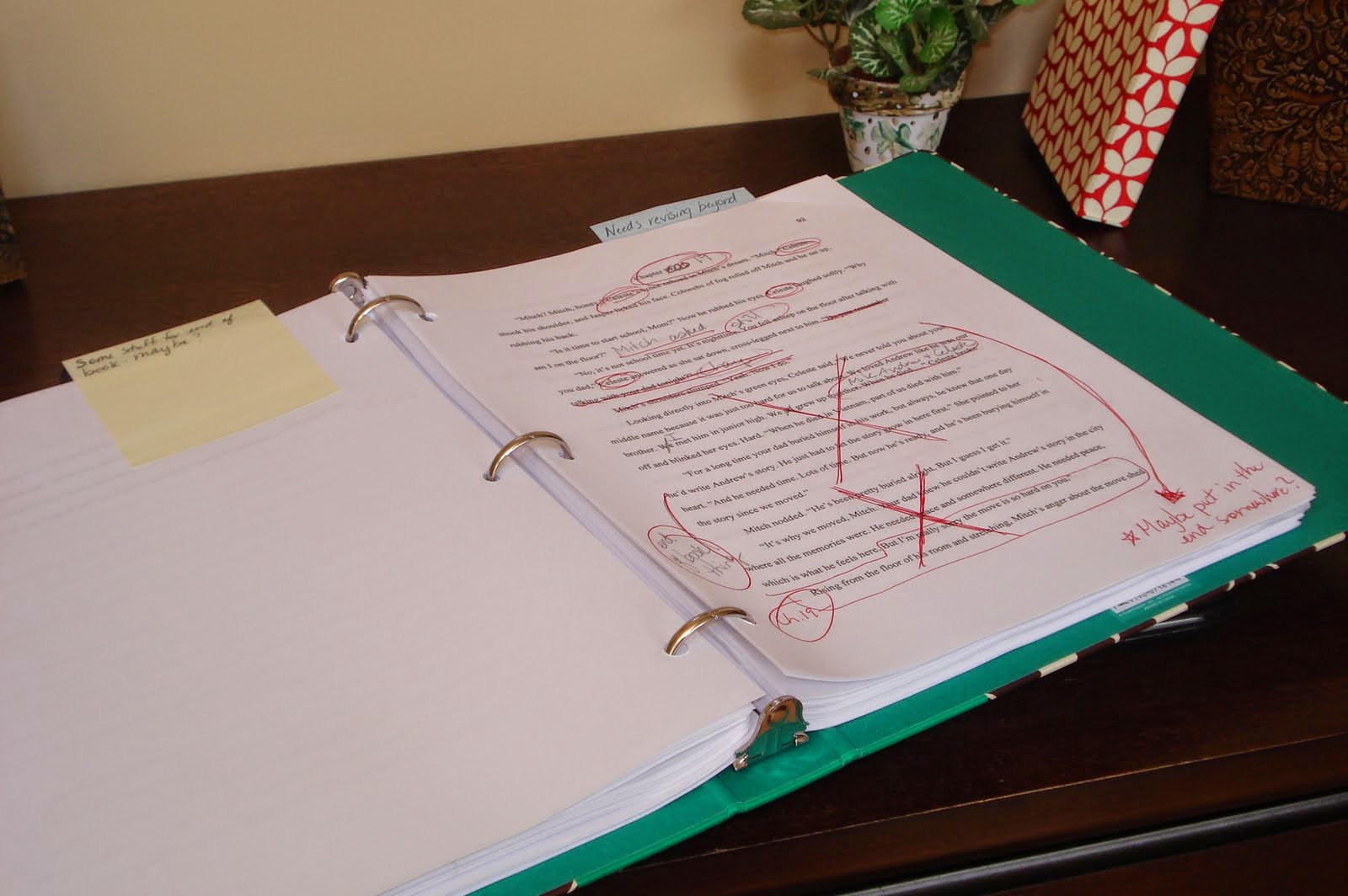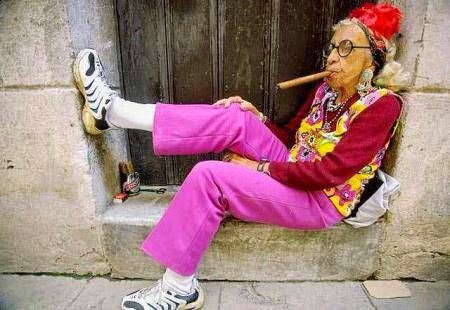[Some] Editors and Self-Publishing Companies are Out to Fleece You
So, you've written a book, and now you're trying to decide if you should seek a literary agent to represent your work to the traditional publishing industry, or if you should self publish. As I noted in the previous post, either option has advantages. In some cases, you should go through the arduous task of finding an agent and endure the seemingly endless round of rejection slips. In the end, it will be worth it to be traditionally published. In other cases, you should toss the idea that you need to have an agent, and you should self publish.But in either case, as I also noted in the previous post, you should have your manuscript evaluated and edited before proceeding with either endeavor.
And this is where professional editors and self publishing companies in many cases are out to bleed you dry. Go to YouTube and search for "book editors." Go to Google and do the same search. On YouTube you will find slick and friendly videos of professional editors who also extol the necessity of getting your manuscript into shape. Some of them warn you of self publishing, and that is because they are products of the traditional publishing industry. They will rightly tell you that before you seek an agent, consider their services:
- Editorial evaluations
- Developmental Editing
- Line Editing
- Copyediting
- Query letters
POD companies also offer what professional editors offer, but they go a step further and tell you that they will also do this:
- Typeset your work
- Provide an ISBN
- Copyright your manuscript
- "Publish" your book
Here is what one independent editor who is a product of the New York publishing world indicates she will charge you for her invaluable services:
- Providing a book proposal to an agent: $2,000.00
- Providing you with a 10 to 25 page editorial evaluation (of a manuscript up to 110,000 words): $2,800.00. Up to 140,000 words: $3,150.00
- Developmental editing also known as advanced editing, heavy editing, line editing: .06/word. This translates to $6,000.00 for a 100,000 word manuscript
- Copyediting at .045/word. This translates to $4500.00 for a 100,000 word manuscript.
So, before you see a single copy of your book sold, before you have received a single penny of royalties, you could be out as much as $10,000.00. YouTube it, Google it, add up the services these editors and companies charge. You'll come up with similar numbers.
What editors and POD companies have discovered is that novice authors will spend and spend to see their books in bookstores, displayed in brick and mortar stores, and authors will choose the higher-priced editors and companies thinking that they're getting more professional and better services.
The real truth is that you do need to have your work evaluated, you do need to engage the services of a competent editor, you might need developmental editing services. But the other truth is you don't have to pay these kinds of prices.
And most important, even if you choose a POD company like Amazon's CreateSpace, you can forego all their in-house editing fees and only pay for the book setup (typesetting), getting an ISBN, and being listed on the online bookseller sights. CreateSpace pays authors royalties of 40% and they pay once a month. So by saving money on their in-house editing (and going to a truly independent editor for those services), you can cut down all but the fairly reasonable fees to have them "print your book on demand" (POD).
If you're reading this, you have found one company where the prices are humanely reasonable. You have found a many-times published writer, an award-winning writer, and a professional editor who has worked across the industry spectrum for over thirty years. My company is Two Brothers Press. Or contact me directly with questions. But there are other independent editors out there who offer similar expertise for reasonable prices. My goal is to help writers with their work, to make it the best it can be, before sending it off to an agent if you want or to self publish. I've done both, and I know what to expect.
Yes, just like the editors I have talked about out to fleece you, I also charge for my services, but I'm not out to make a living off of only a few authors, and I have been published traditionally and self published. I know the ropes. I specialize in fiction in a rainbow of genres from murder mysteries to fantasy and science fiction, from biographical fiction to historical romances, from M:M romances to action and adventure, from suspense/thrillers to general fiction. I also do non-fiction in a variety of genres.





















